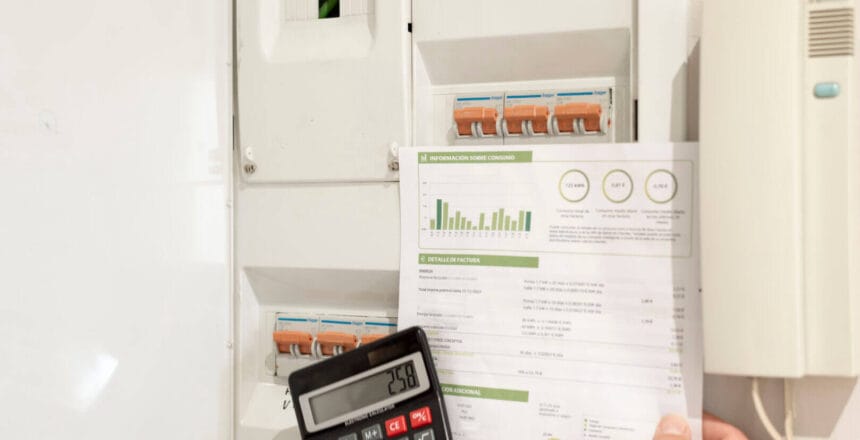With utility rate increases of up to 20 percent have taken effect on June 1, it is particularly important this summer for New Jersey residents to conserve energy.
Fortunately, there are many ways to help keep your electric bill in check.
A substantial factor is knowing whether or not to leave your air conditioning on when you leave the house. For central air, the most popular cooling system, it is generally more efficient to have the unit working when the house is empty for more than a couple of hours.
Rebooting the system consumes considerably more energy than leaving it running. Remember to raise your thermostat a few degrees before heading out. This also saves energy.
Turning off your air conditioning while away can also be a health hazard to your pets and yourself. Cats and dogs left in a sweltering house can suffer potentially fatal heat events such as heat stroke.
Extreme heat conditions can also make you sick. If you have been out under a very hot sun, the situation is exacerbated by returning to an overheated home. You could suffer from heat exhaustion or heat stroke. High temperatures could also result in mold and mildew growth.
You can supplement energy savings while away by turning off the lights, closing the curtains and lowering the blinds. Look around the house as well for leaks near windows. Weatherstripping and caulking can save valuable dollars.
A smart meter, should you have one, is a great tool that can monitor your use of electricity. The instrument can help you understand and adjust patterns that lead to higher energy bills.
Additional tips include reducing oven use by opting for the microwave, air fryer or slow cooker. You can also prepare more cold meals, such as summer salads. In addition, the season provides the opportunity to cook outdoors as much as possible to further reduce energy consumption.
You can also save on the utility bill by waiting until after sunset to do the laundry and turn on the dishwasher. Performing these chores in the evening demands less electricity than during the heat of the afternoon. Taking shorter showers and washing clothes in cold water to air-dry are other sustainable actions.
It is a good idea to take time to research whether you are eligible for financial incentives and rebates based on your home’s overall energy efficiency. The use of solar panels and efficient water heaters are examples of sustainable energy practices.
Smart planning is essential to striking a balance between staying comfortable and safe while not overtaxing your cooling system. Incorporating energy-saving strategies into your daily routine can result in lower utility bills during the hazy days of summer.
Leveraging state programs, upgrading to efficient appliances and modifying daily habits all contribute to lower bills and a more sustainable and resilient energy future.
Give some thought to calling your local utility company for additional advice and a walk-through of your home. There are grants available that homeowners may be able to take advantage of. The local utilities have the knowledge, experience and tabs on new technology to round out your energy-saving toolbox.

